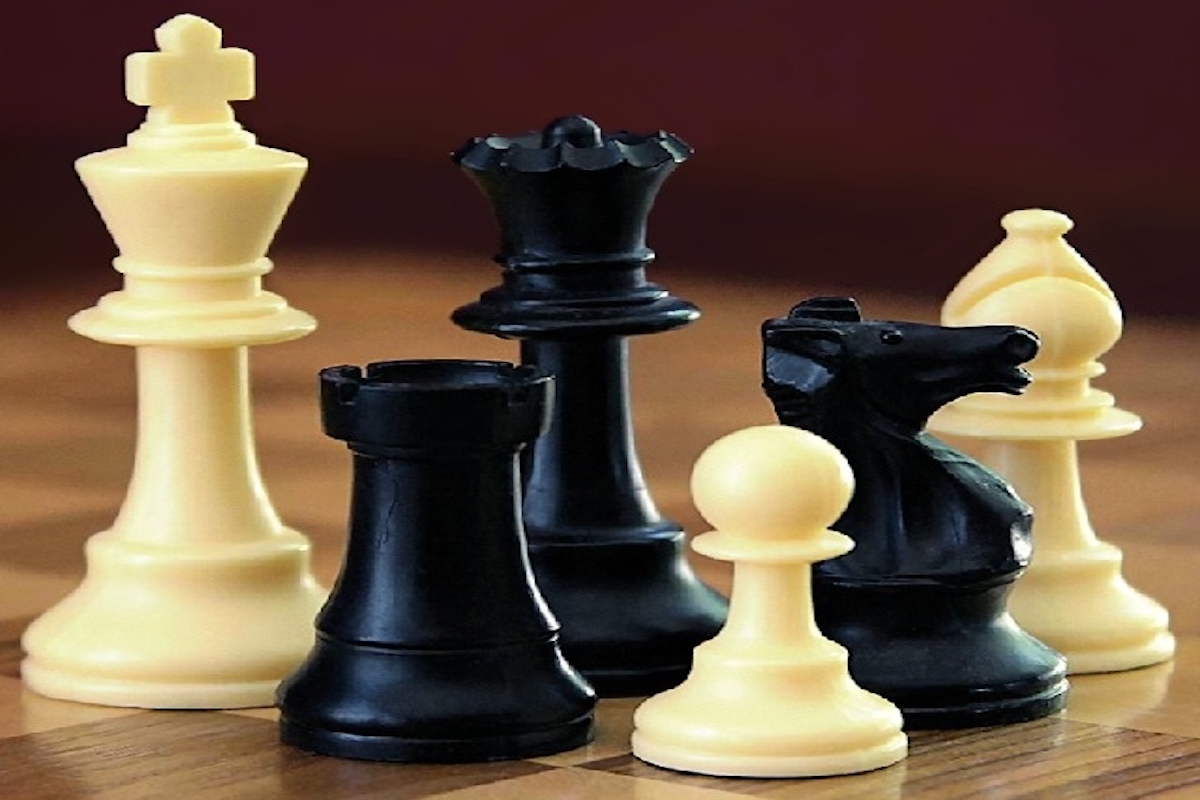Sanskrit teacher Chandra Ramani has been organising the Solar Chess Club chess tournament for the past 28 years without interruption, despite threats from chess officials.
The tournament is named after her grandfather, Dharma Kesari Solar K.S. Subramaniya Iyer, who is known as the “Father of Madras Chess” by the city’s older chess players.
Advertisement
If Madras, now Chennai, is the birthplace of Indian chess, the Solar House or Solar Chess Club on South Mada Street in the Mylapore neighbourhood deserves a lot of credit.
Many chess players emerged from the Solar Chess Club or Solar House in the 1970s, who later strengthened the foundation for the game’s growth in the city with the formation of the Mikhail Tal Chess Club.
Ramani reflected on the challenges she has faced over the past 28 years in organising the chess tournament, saying that during the eighth edition of the tournament, Tamil Nadu Chess Association officials tried to derail the event by threatening to bar young boys and girls from participating.
“The officials threatened us saying that the tournament is unauthorised, though there was no legal ban on anyone from holding a chess tournament,” Ramani said.
“The association even pasted notice on the compound wall of the Padma Seshadri School to the effect that the tournament is unauthorised. We approached the courts and got a caveat order and conducted the tournament,” International Chess Arbiter V.Kameswaran told IANS.
Interestingly Kameswaran was the chess arbiter for all the chess tournaments held by the Solar Chess Club.
“After that, the association officials didn’t threaten or trouble us,” Ramani said.
The All India Chess Federation (AICF) and its various state affiliates used to prohibit chess players from participating in tournaments organised by others who did not pay the recognition fee.
The AICF also persuaded the International Chess Federation, or FIDE, to revoke such players’ hard-earned Elo rating.
But who exactly was this Iyer, dubbed the “Father of Madras Chess”?
Iyer, who was born in Madurai, began his business career at a young age due to his family’s financial circumstances. Later, he moved to Madras and prospered in the paper industry before diversifying into printing.
In the past, the Solar House and Iyer’s printing press were the epicentres of chess activity.
Iyer first became interested in chess when he was in his late twenties. He was also a good footballer who had joined the city police force before being asked to cut his tuft.
“His printing press had space and people used to play chess there. I too saw some people playing chess and joined them. Thus began my long association with Solar House and the Solar Chess Club. Later the playing venue shifted to his house that was nearby,” Kameswaran mused.
The players drew squares on the floor and played at times.
Soon after, notable figures from the 1960s and 1970s emerged from the Solar House, including A.Sundaram, Ravikumar, R.Vijayaraghavan, R.Raghunathan, Kameswaran, and others.
Interestingly, Ramesh, a national junior champion, and Suresh, a national level player, both came from Iyer’s family.
As a philanthropist, Iyer assisted several poor girls in getting married, earning him the honorific Dharma Kesari.
Iyer died in 1985, and his house was later converted into a residential apartment, from which his granddaughter continues to fly the chess flag.
Ramani stated that Iyer’s grandsons are doing well in life and that with their help, she has been able to hold the chess tournaments for all these years.
She stated that TCS has been donating money for the tournaments for several years, and that individuals such as P.B. Ramanujam, P.B. Balaji, Mrs. and Mr. Gopalan have also contributed.
(Inputs from IANS)









